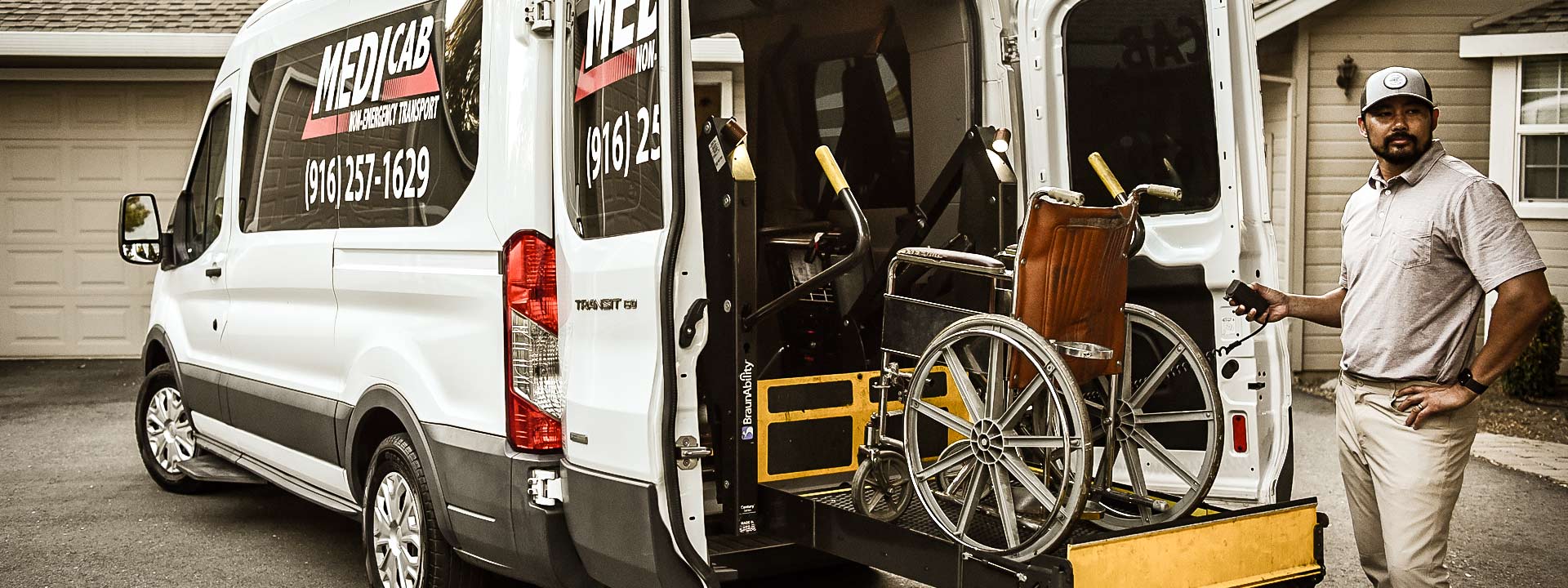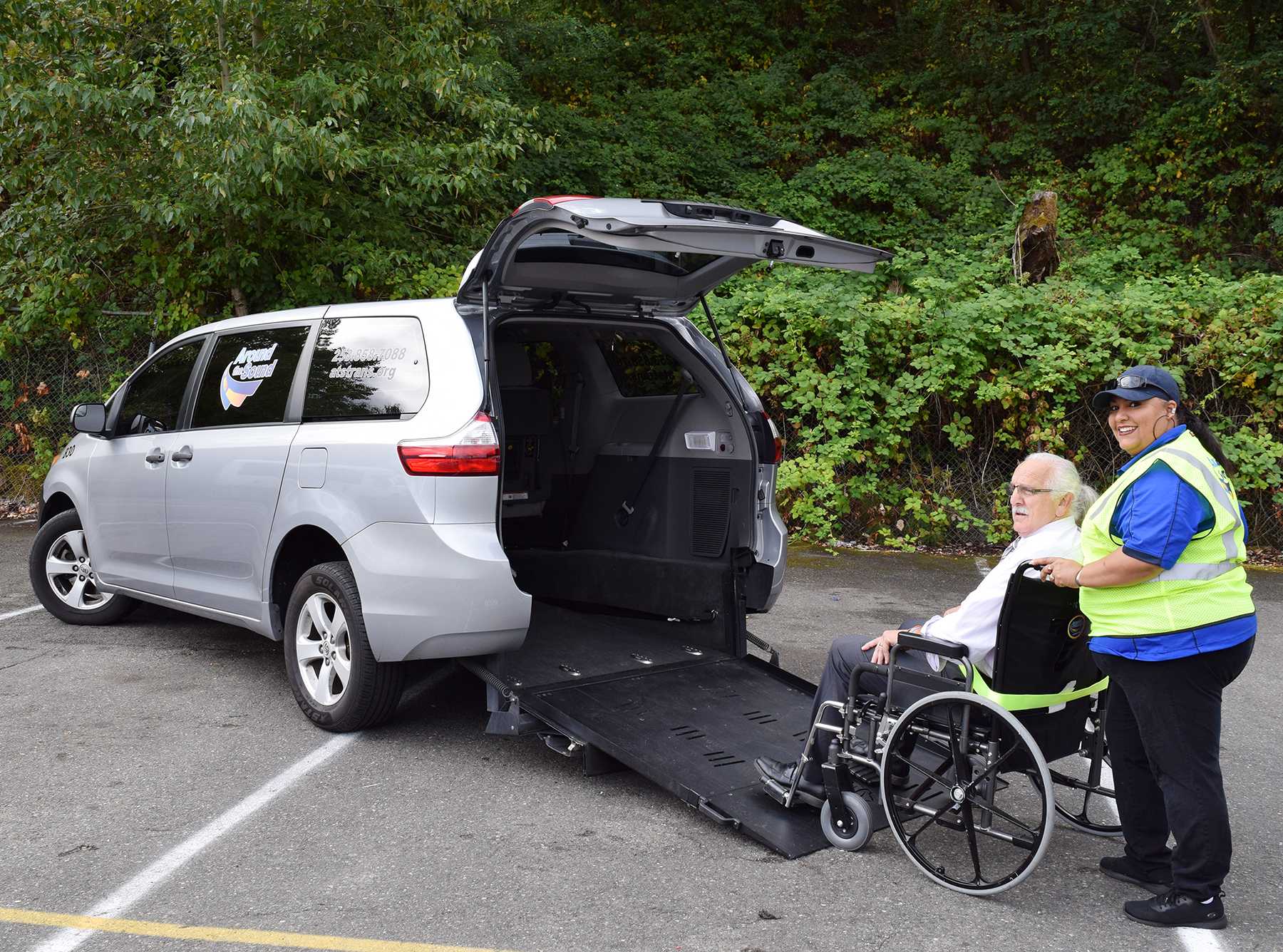Specialist Medical Transportation: Prompt and Specialist Service
Specialist Medical Transportation: Prompt and Specialist Service
Blog Article
Budget-friendly and Accessible Medical Transport Options for Every Situation
In the realm of healthcare, the capacity to gain access to medical solutions is extremely important, yet the obstacle of affordable and obtainable transport can usually hinder individuals from receiving essential care. While some may have the ways to safeguard private transportation, many face barriers that make it difficult to get to clinical consultations or facilities. However, the landscape of clinical transport options is developing, providing a variety of remedies customized to numerous requirements and conditions. By exploring specific clinical transportation solutions, area transport programs, ride-sharing and taxi services, non-emergency medical transportation, in addition to public transportation and paratransit alternatives, individuals can discover avenues that provide to their details demands and ensure they obtain the treatment they require.
Specialized Medical Transport Provider
Specialized medical transport services play an essential function in making certain secure and efficient transport for people calling for specialized care throughout transportation. These solutions deal with people with special medical demands, such as those needing continuous tracking, specialized equipment, or medical interventions during transportation. By making use of particularly complete cars and experienced medical employees, specialized medical transportation services make sure that people get the essential care while being transferred in between healthcare facilities, houses, or other locations.
One trick element of customized clinical transportation solutions is the concentrate on client comfort and safety and security. Medical transport teams are educated to deal with various medical conditions and emergency situations that might develop throughout transportation, providing a greater degree of care than traditional transport options. In addition, these services often offer door-to-door aid, minimizing the tension and pain that patients might experience throughout transfers.
Community Transport Programs
Having dealt with the crucial duty of specific medical transportation solutions in making sure safe and effective transport for people with distinct clinical requirements, the focus currently shifts to examining Area Transportation Programs - medical transportation. These programs play an important role in offering affordable and easily accessible transportation solutions for the basic populace, including seniors, individuals with disabilities, and low-income families who may deal with difficulties in accessing traditional transportation choices
Community Transport Programs encompass a variety of services such as fixed-route buses, paratransit services, volunteer motorist programs, and ridesharing efforts. These programs are commonly funded by regional federal governments, charitable organizations, or private firms to make sure that people have trustworthy transport choices Click Here to reach medical consultations, grocery store shops, social activities, and various other crucial locations.
Ride-Sharing and Taxi Solutions

Among the key advantages of ride-sharing and taxi services sites is their access. These solutions run 24/7, allowing people to take a trip to clinical appointments, drug stores, or hospitals at any kind of time of the day. In addition, ride-sharing and taxi solutions satisfy individuals with mobility difficulties by using wheelchair-accessible vehicles upon request.
Moreover, ride-sharing and taxi solutions can be specifically helpful for people living in areas with restricted public transport options. By bridging the gap in between home and medical care centers, these services play a crucial role in making certain that every person has access to essential medical services.
Non-Emergency Medical Transportation

Non-Emergency Medical Transport carriers usually use skilled employees that are experienced in aiding people with differing clinical demands. By providing door-to-door service, Non-Emergency Medical Transport top article improves the total accessibility of healthcare for individuals that may otherwise struggle to attend essential clinical visits.
Public Transit and Paratransit Options
Public transportation and paratransit options supply necessary transportation solutions for individuals with differing flexibility needs, guaranteeing access to crucial destinations such as medical centers and appointments. Public transit systems, consisting of buses, trains, and trains, supply a cost-efficient and extensively offered mode of transport for individuals looking for to reach clinical appointments. These services are specifically advantageous for those that may not have accessibility to private automobiles or require help because of flexibility challenges.
Paratransit services cater especially to individuals with specials needs that are not able to use traditional mass transit. These services offer door-to-door transport, suiting people with wheelchairs, pedestrians, or various other movement help. Paratransit vehicles are equipped with functions such as wheelchair ramps and securement systems to make sure the secure and comfy transportation of travelers with varying flexibility needs.

Conclusion

Report this page